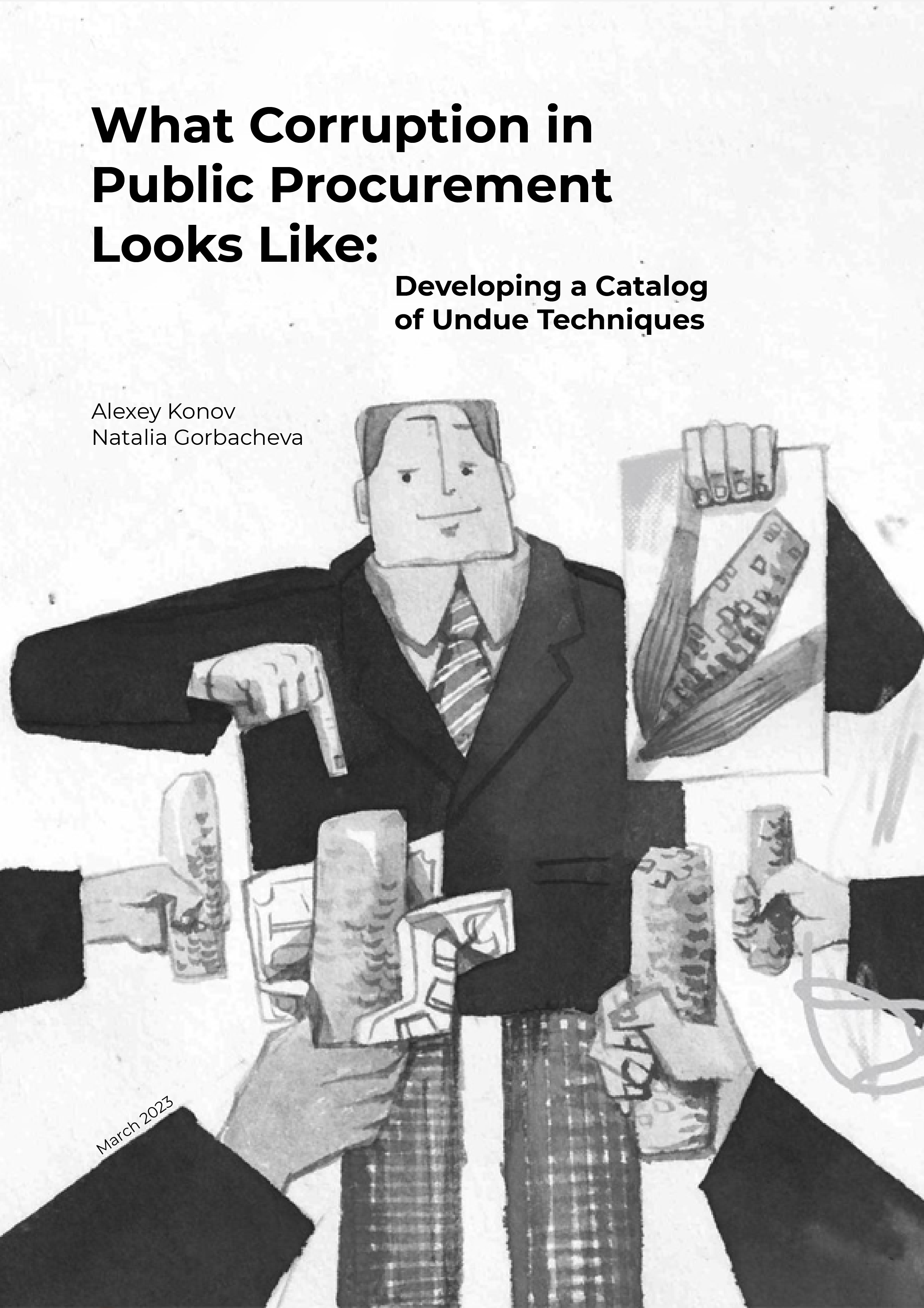Anti-Corruption Portal
03 April 2025
Visits to Prisons as a Way to Prevent Corruption
Over 2,500 Kazakhstan’s officials have visited penitentiary institutions with a view to preventing corruption.
29 March 2025
UK to Have New Anti-Corruption Unit
The United Kingdom has announced the establishment of a pilot Domestic Corruption Unit.
24 March 2025
Kazakhstan Has a New Channel for Reporting Corruption
Kazakhstan’s Anti-Corruption Agency has launched a WhatsApp chatbot for the citizens to be able to report the facts of corruption.
18 March 2025
Brazil Adopts Anti-Corruption Plan for Next Three Years
Brazil has adopted a Plan on Integrity and Fight against Corruption spanning the period between 2025 and 2027.
Resources
Publications
Topic
Clear all | |
| Anti-Corruption Authorities | |
| Asset Disclosure | |
| Asset Recovery | |
| Compliance | |
| Conflict of Interest | |
| Corruption in Procurement | |
| Corruption Measurement | |
| Criminal Liability | |
| Education | |
| Illicit Enrichment | |
| IT | |
| Revolving Door | |
| Standards of Conduct | |
| Sting Operations | |
| Whistleblowing | |
Date
Clear all | |
| 2025+ | |
| 2024+ | |
| 2023+ | |
| 2022+ | |
| 2021+ | |
Web Sites
Type
Clear all | |
| International Initiatives | |
| Research Projects | |
| Blogs and Personal Websites | |
| Civil Society | |
| Business | |
| Legal Reviews | |
| Online Training | |
International Organizations Documents
Organization
Deselect all | |
| UN | |
| OECD | |
| G20 | |
| APEC | |
Topic
All | |
Deselect all | |
| Anti-Corruption Strategies and Policies | |
| Anti-Corruption Bodies | |
| Anti-Corruption Education | |
| Conflict of Interest | |
| Standards of Conduct | |
| Whistleblowing | |
| Asset and Interest Disclosure and Illicit Enrichment | |
| Corruption in Procurement | |
| Transparency and Accountability | |
| Money Laundering and Beneficial Ownership | |
| Corruption in the Private Sector | |
| Criminal Liability | |
| Non-Criminal Liability | |
| Asset Recovery | |
| International Cooperation | |
| Corruption in Sport | |
| Corruption Measurement | |
| Control and Monitoring | |
| Other | |
Type
All | |
Deselect all | |
| Conventions | |
| Soft Law | |
| Analytical materials | |
| Guidance and Training Materials | |
Movies
Type
All | |
Deselect all | |
| Movie | |
| Series | |
Countries
All | |
Deselect all | |
| Australia | |
| Belgium | |
| Brazil | |
| Canada | |
| China | |
| Croatia | |
| Denmark | |
| Finland | |
| France | |
| Ghana | |
| Hong Kong | |
| India | |
| Iran | |
| Italy | |
| Kazakhstan | |
| Russia | |
| Slovenia | |
| South Africa | |
| South Korea | |
| Spain | |
| Sweden | |
| UK | |
| USA | |
| USSR | |
Language
All | |
Deselect all | |
| Cantonese | |
| English | |
| French | |
| Hindi | |
| Italian | |
| Kazakh | |
| Korean | |
| Persian | |
| Portuguese | |
| Russian | |
| Slovenian | |
| Spain | |
| Tamil | |
| Тамильский | |
Research
Profiles






